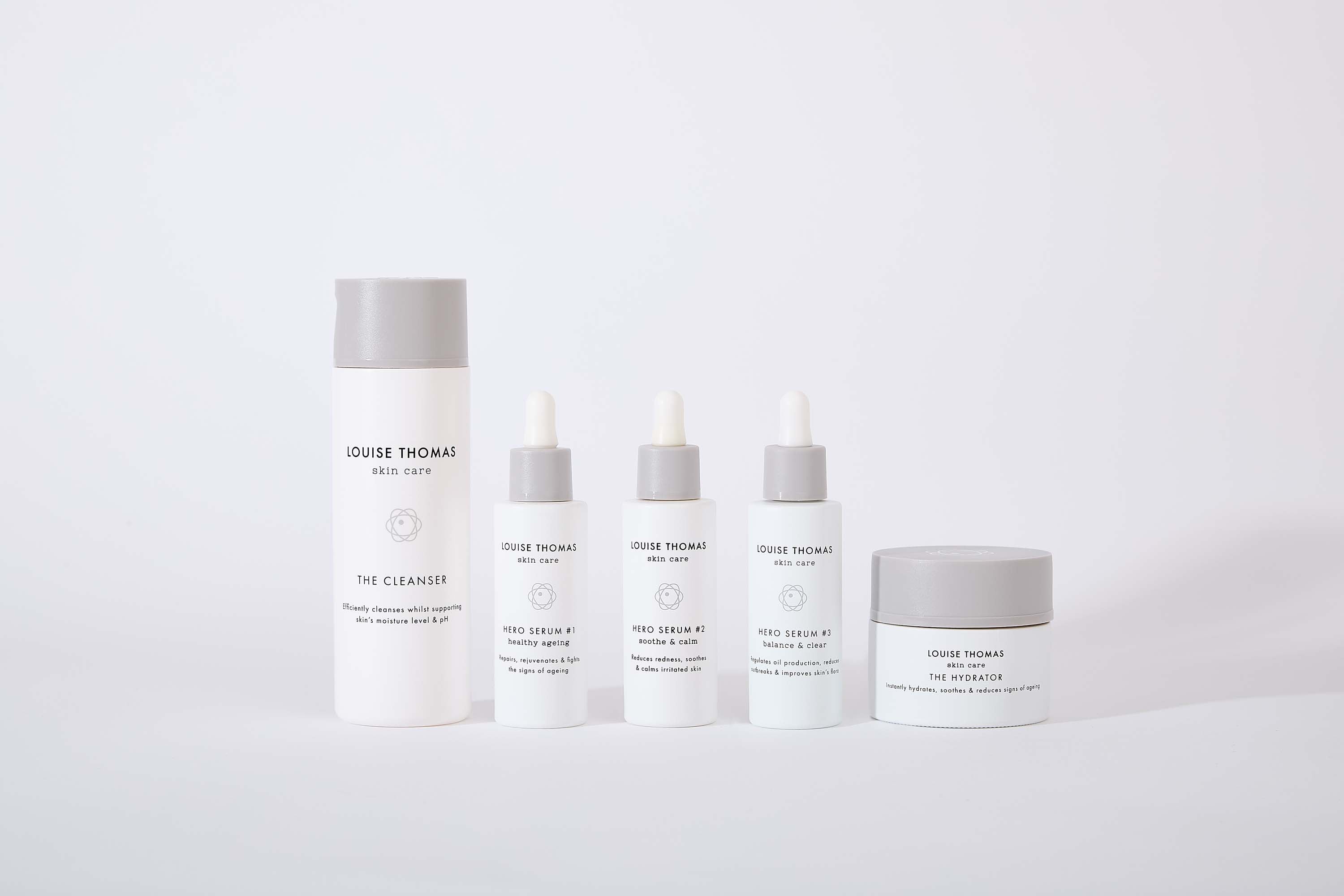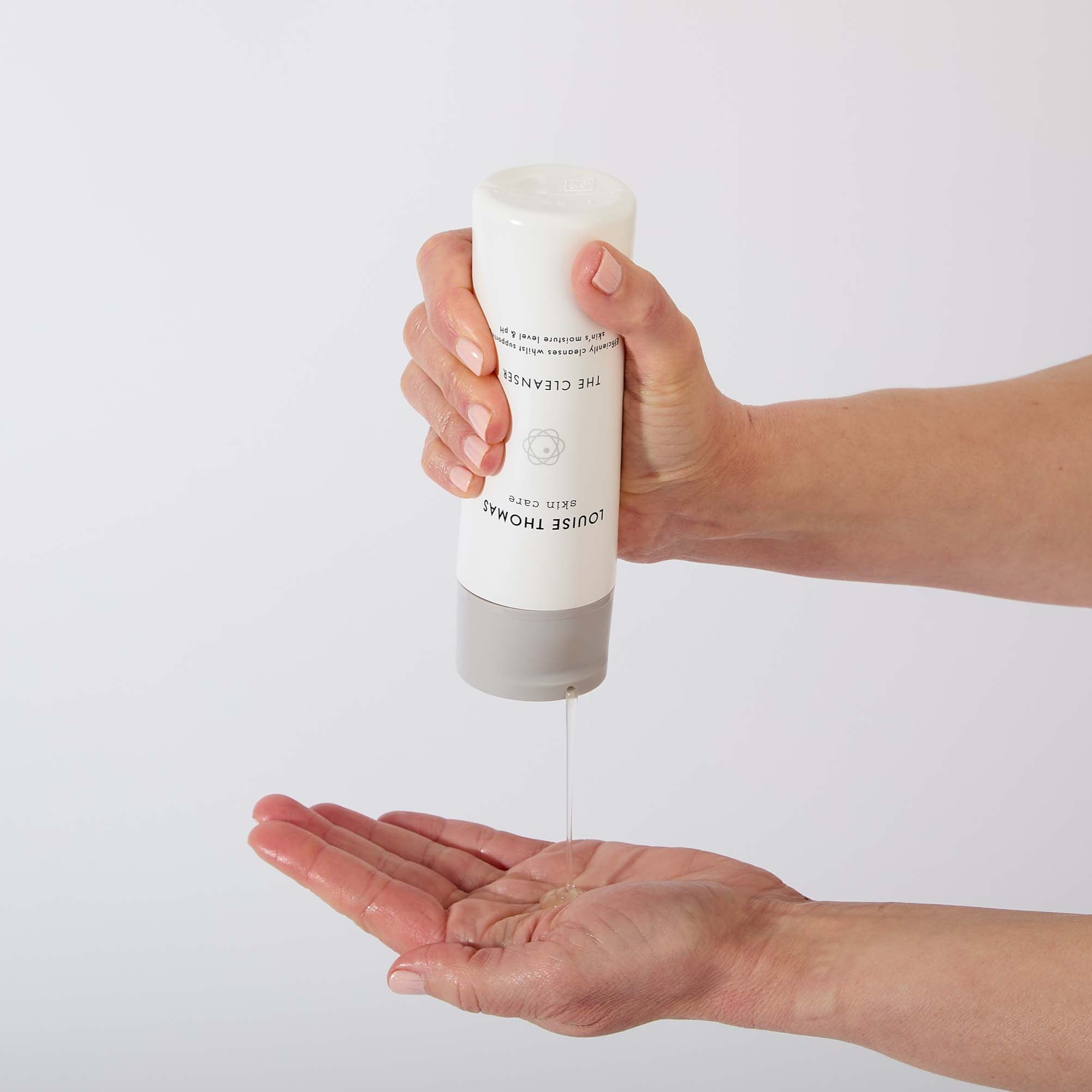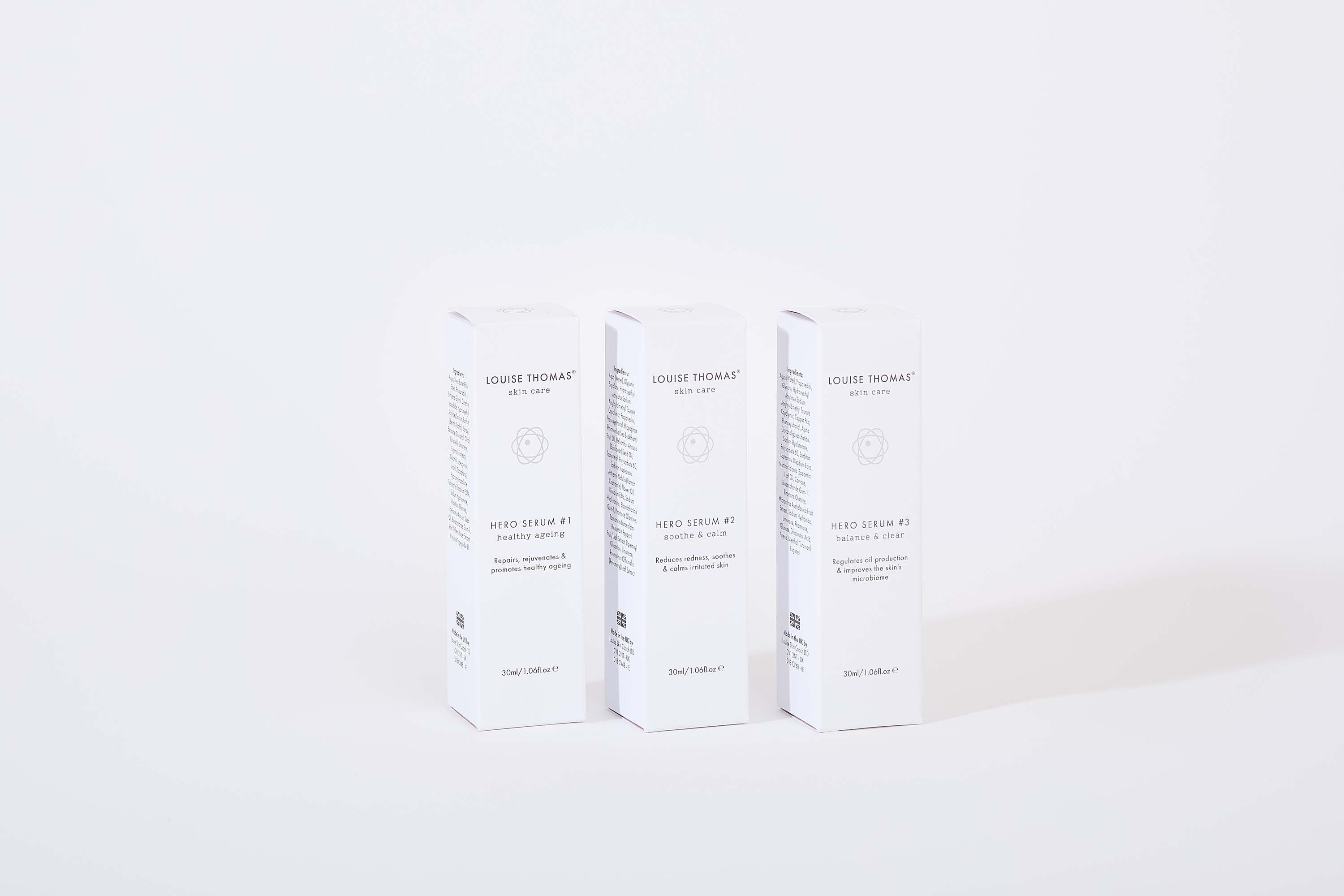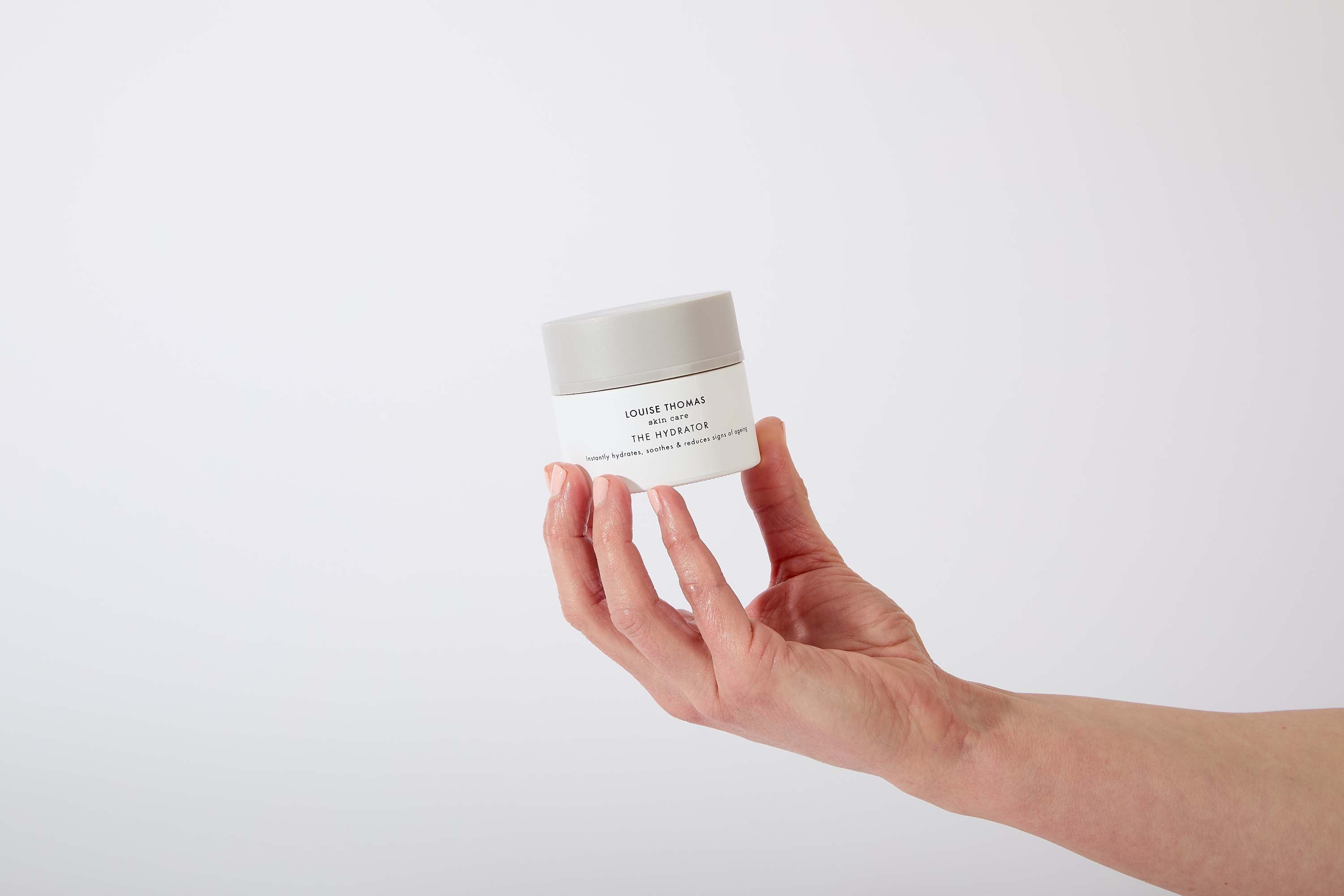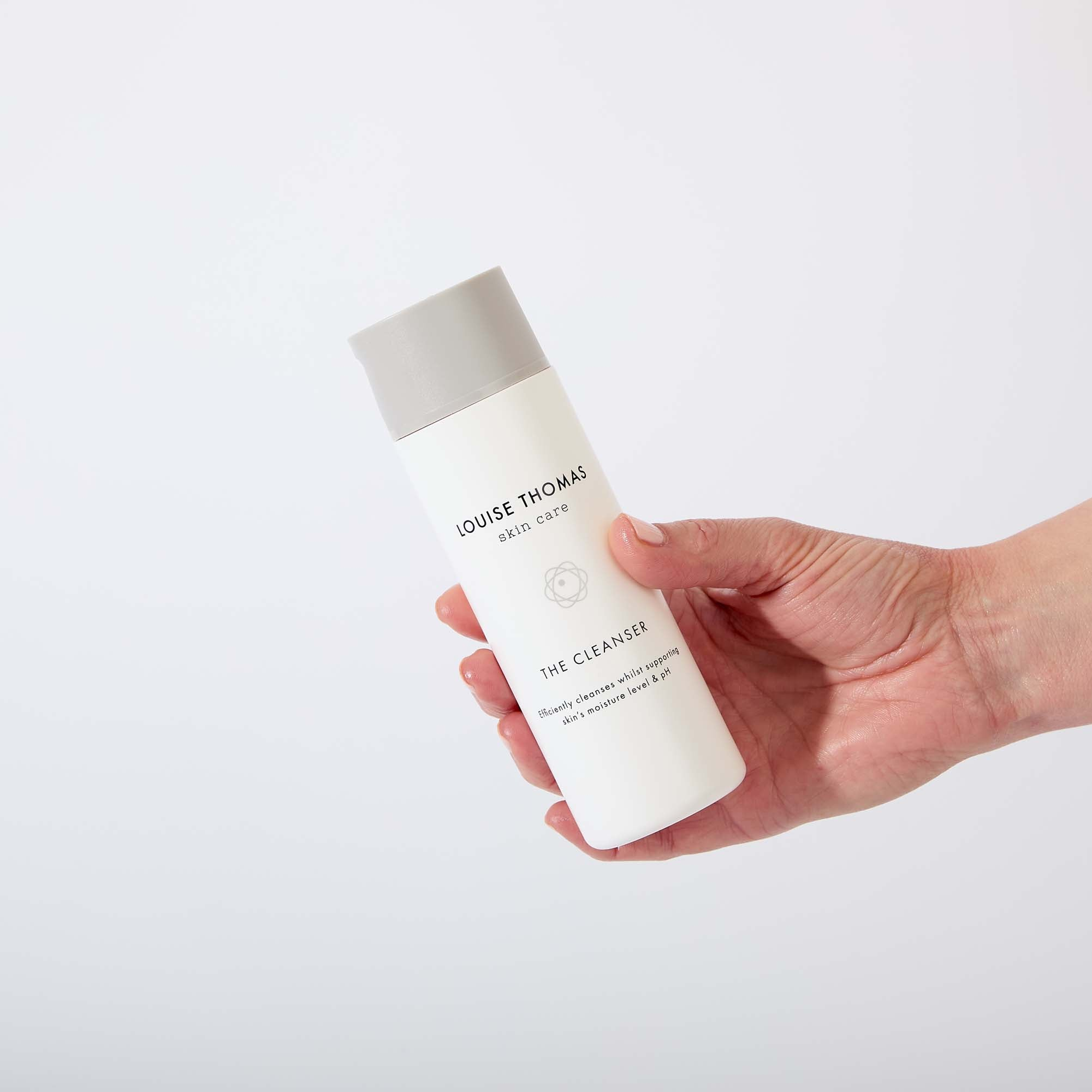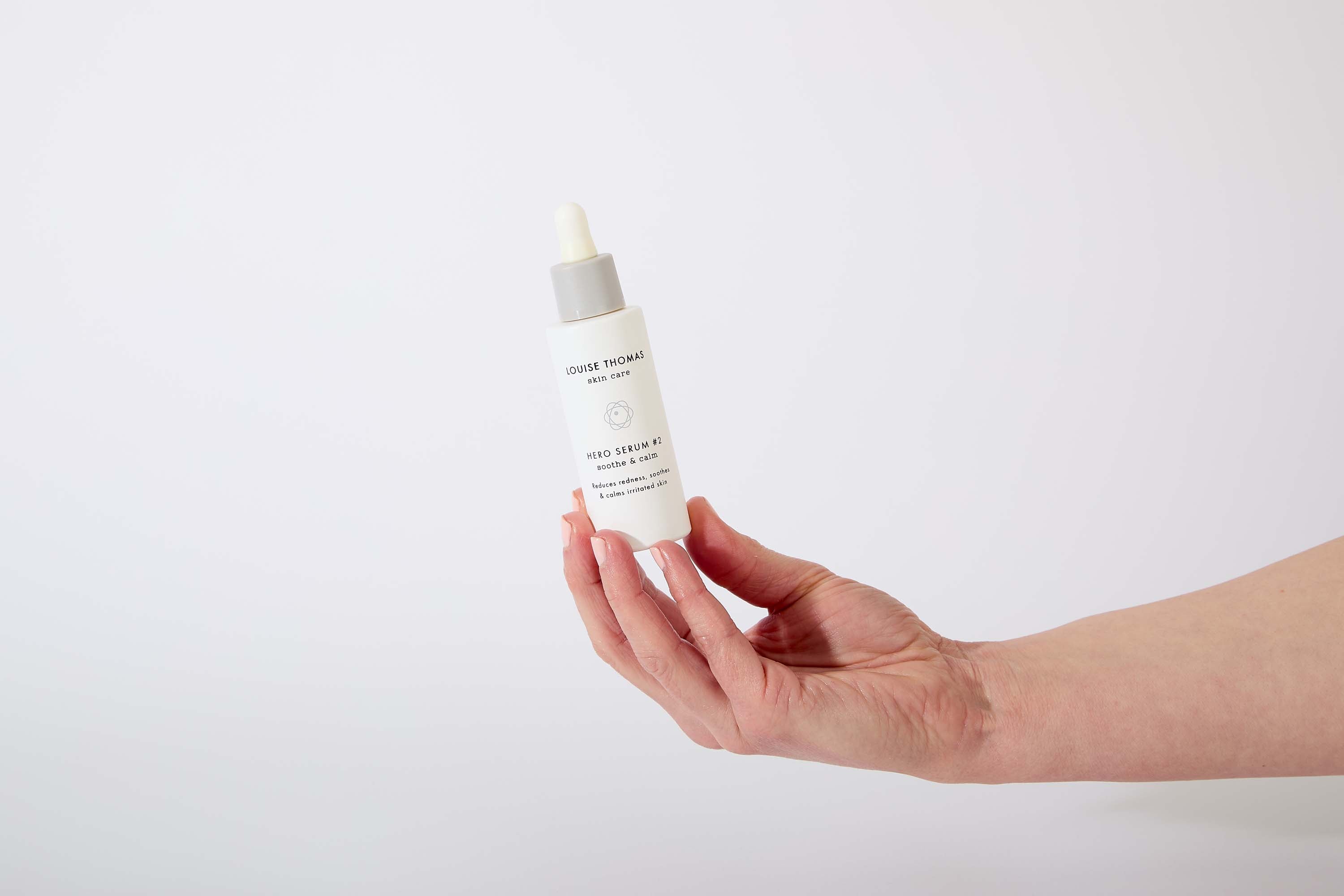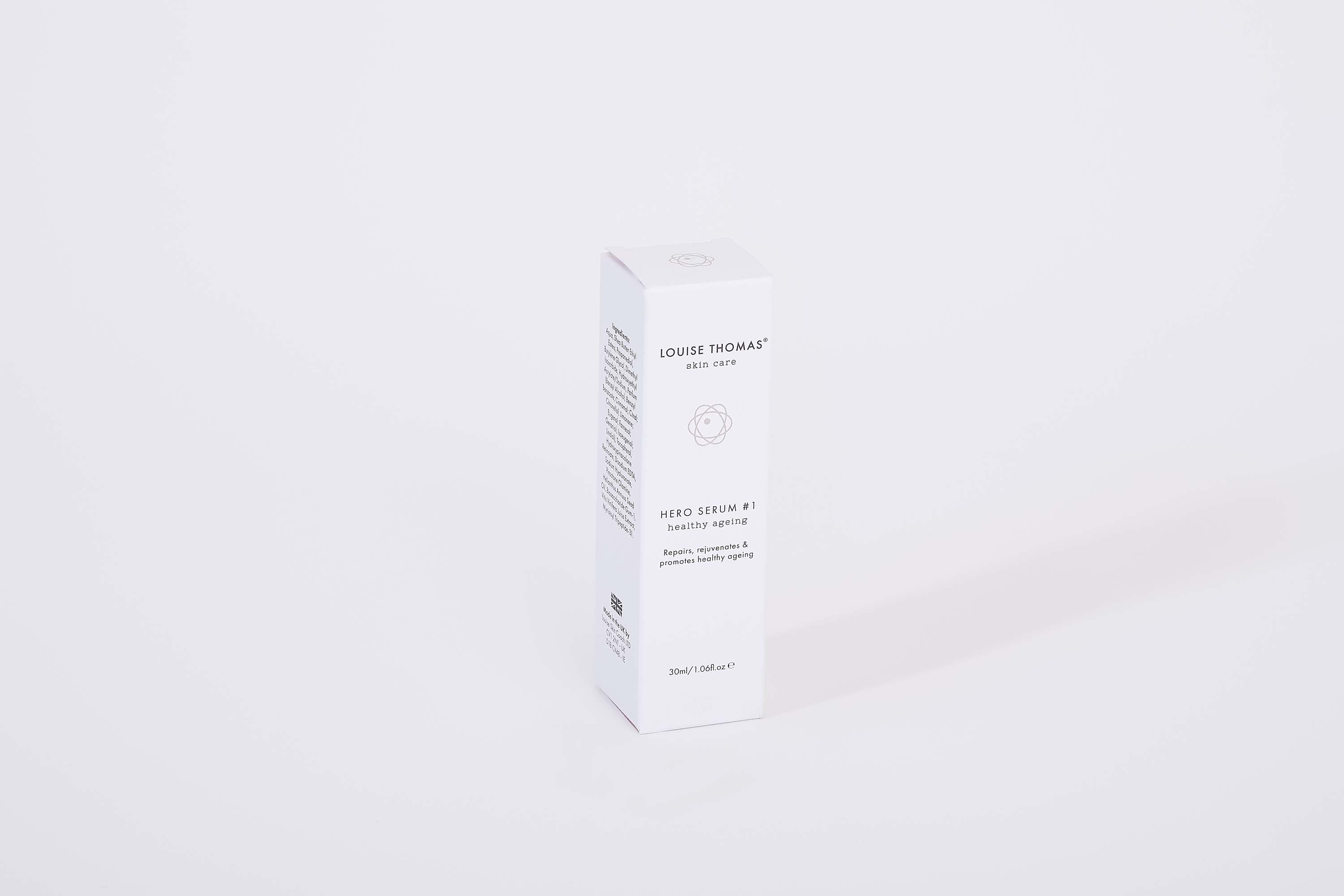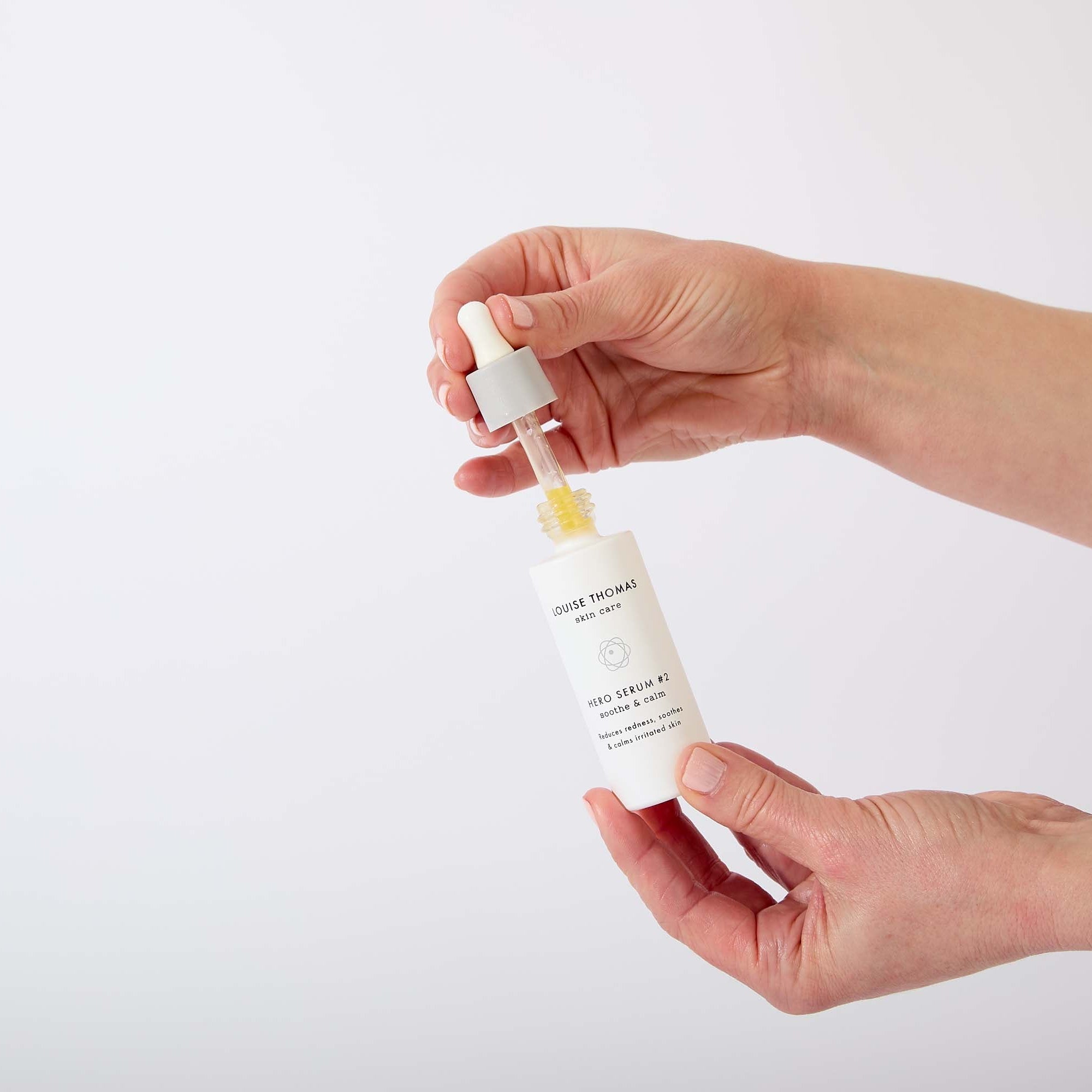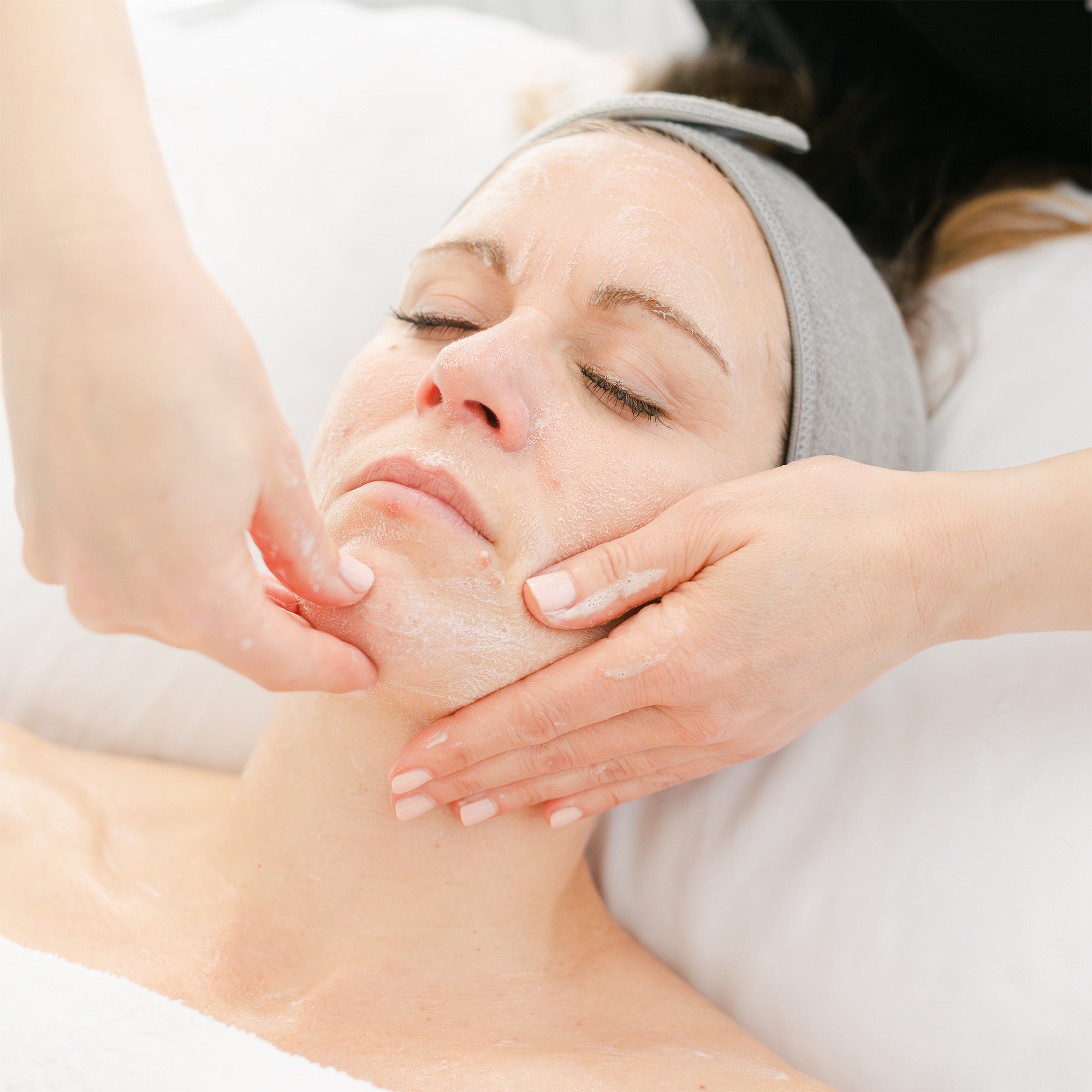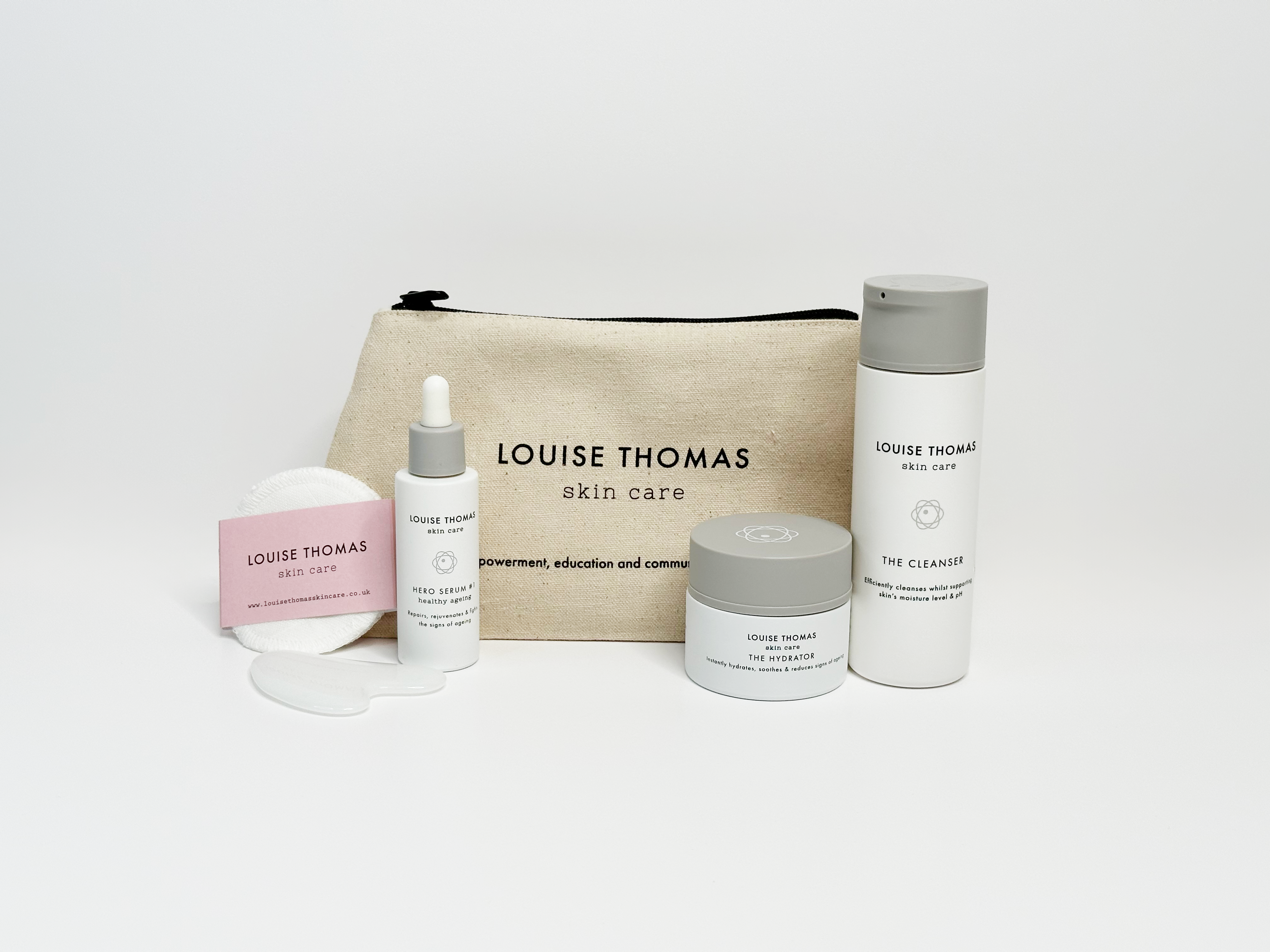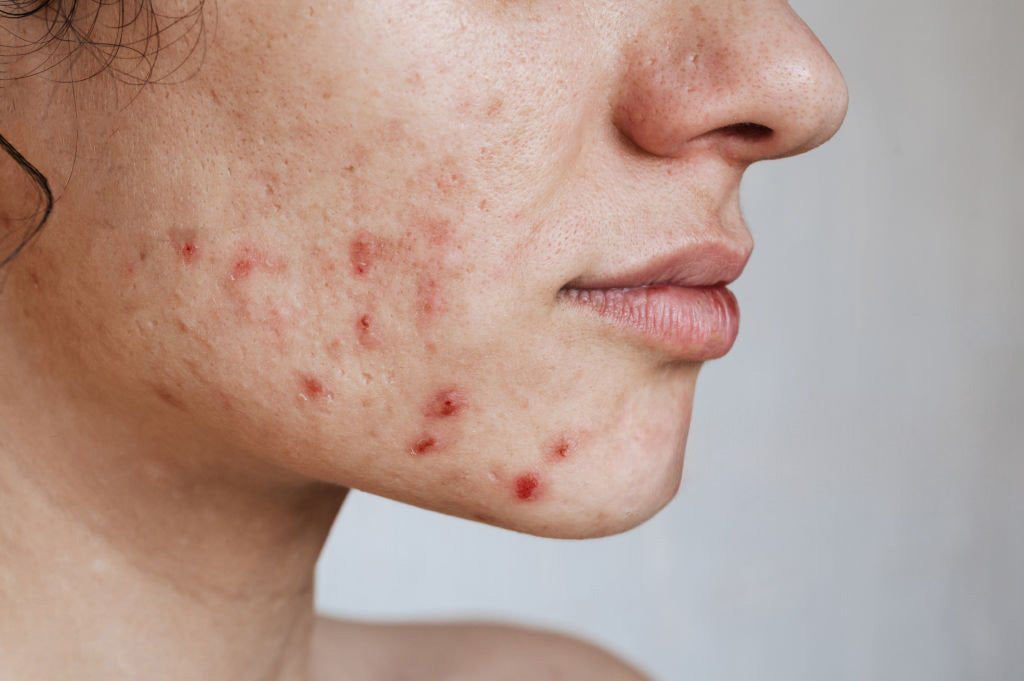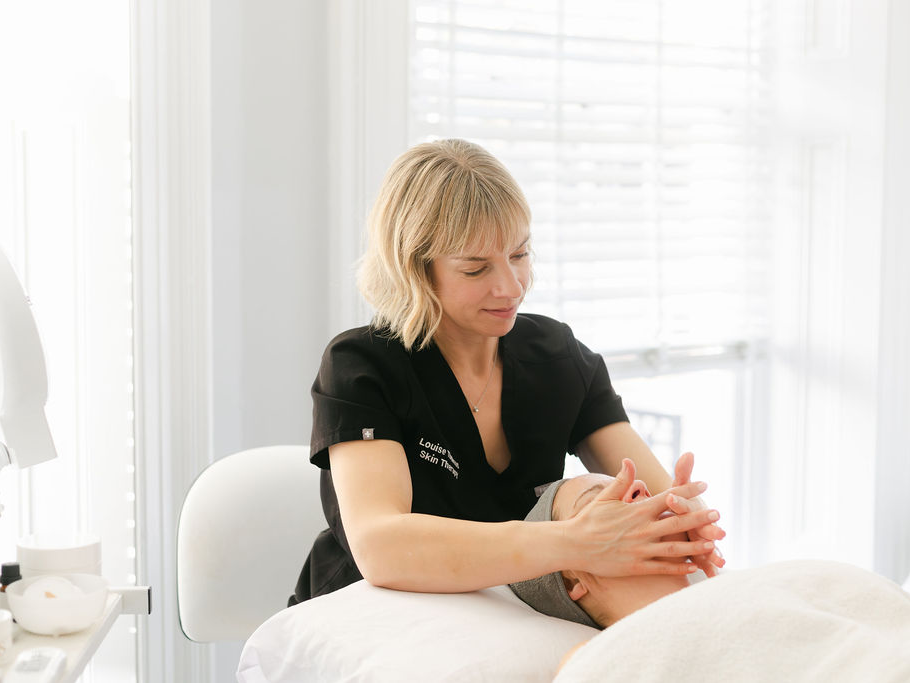Not just another retinol serum...
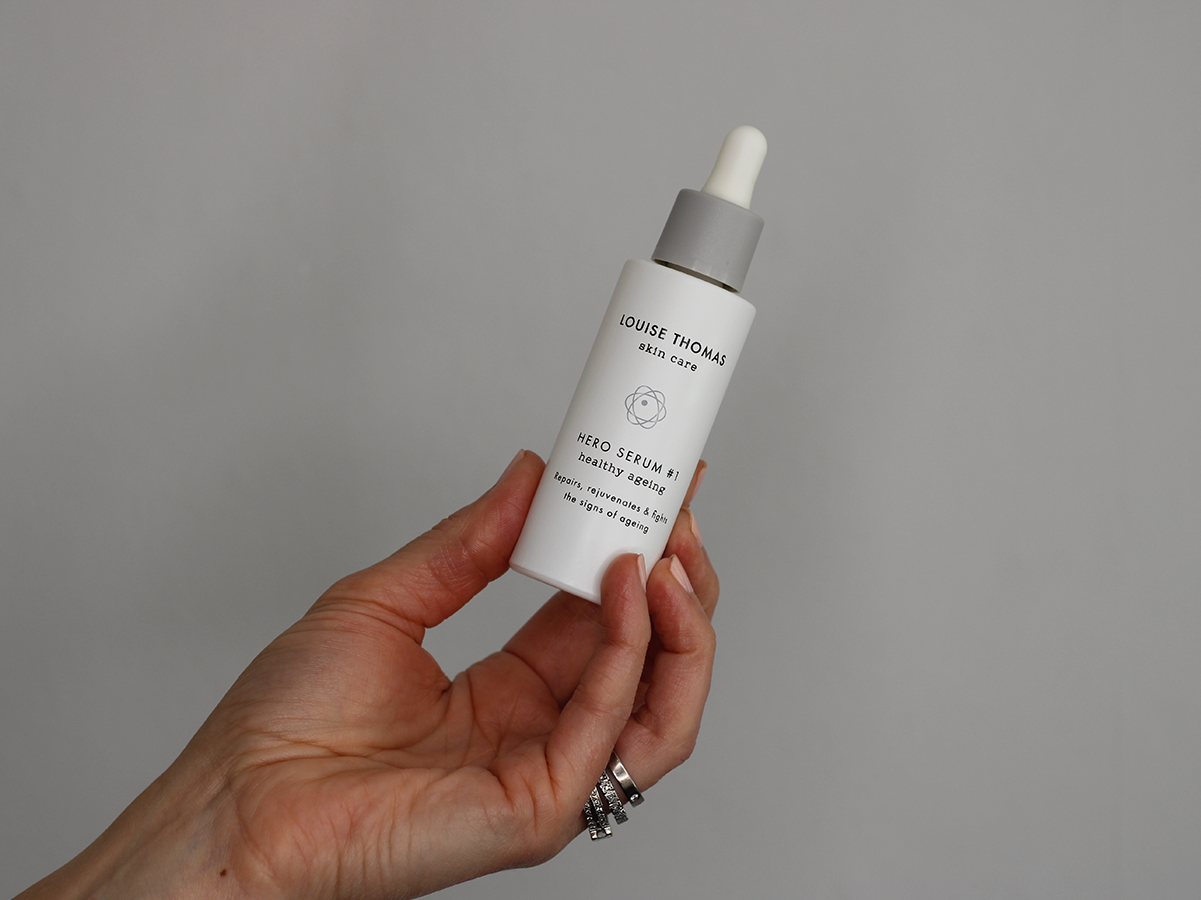
Retinol. One of my favourite skin care actives and one that can create confusion in the skincare domain.
What does Retinol do for our skin?
Retinol is all the ‘R’ words; rejuvenating, repairing, renewing and it increases collagen in the skin. This means it can soften the appearance of fine lines, wrinkles, scarring and sun damage. Retinol is also a ‘normaliser’ in terms of sebum production, so it can really benefit blemish-prone and oily skin.
Why are there different types of retinoids?
Your skin uses retinoic acid immediately. The downside to using this pure form of Vitamin A is that it can bring with it a lot of irritation. However, it doesn’t need to go through a conversion stage which is why its so effective. Retinoid derivatives are great as they deliver a level of result but eliminate some of these irritating side effects, but, they are not all equal.
Meet the derivatives:
Retinyl Palmitate – is a mild, oil-soluble retinoid goes that has to go through three stages of conversion into retinoic acid before the skin uses it, so it has to work hard before it take effect. It boosts collagen production, strengthens the skin and reduces sun damage; plus, it has the advantage of being gentle enough for most skin types, it isn’t always as effective as other forms however.
Retinol - is an alcohol form of Vitamin A and goes through two stages of conversion to become retinoic acid. Case studies have proved that retinol improves elasticity, softens fine lines and reduces sun damage, making it a true power player, however, it can also be sensitising. Retinaldehyde - goes through one stage of conversion before the skin can use it – some studies show it is up to 20 times as powerful as retinol. As well as its anti-ageing benefits, retinaldehyde is antibacterial, making it a great choice for breakout-prone complexions. Again there is a risk of some level of irritation in some people.
No conversion needed here – retinoic acid (tretinoin) is ready to be used by the skin, so it’s highly effective. However, there is a downside: its strength means it can cause irritation and side-effects. Because of this, retinoic acid is only available with a prescription in the UK.
Hydroxypinacolone retinoate - Or ‘Granactive retinoid’ is found in our Healthy ageing serum. It has superior efficacy so delivers results but with the least irritation, which is why I chose to use it. It works alongside our cocktail of results driven ingredients to slow ageing & support the skin as it goes through the associated changes.
Are there any down sides to using vitamin A?
Vitamin A can increase sensitivity to UV rays if skin is not adequately protected. There may be some initial breakouts, redness or dryness. This retinoid response will subside as your skin acclimatises, and the benefits are worth the challenge. Do bear in mind the above information on derivatives however, as it is possible, with professional guidance to avoid irritation.
What is the recommended dosage/usage?
This will vary – if you’re using a prescription retinoid, it is very important to follow the medical guidance. I believe that professional guidance from a qualified skin therapist is important.
MYTH-BUSTING
You can’t use prescription retinoids if you’re pregnant
True! Avoid all prescription (i.e. very strong) retinoids if you’re pregnant or breastfeeding. If in doubt, always check with your doctor.
Retinol thins the skin
False! Retinol actually strengthens the skin. While your complexion might look more delicate and refined, the cells are becoming stronger and healthier. Using sunscreen is of course an absolute must!
Learn more about the benefits of our Healthy Ageing serum here Louise Thomas Skin Care - Hero Serum #1 Healthy Ageing.
